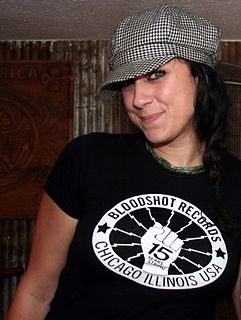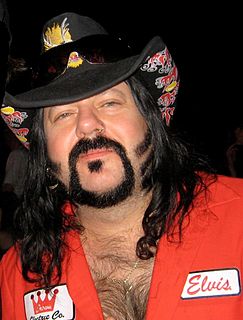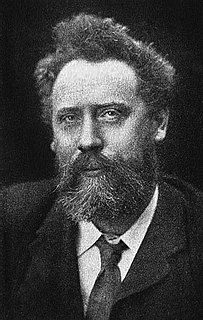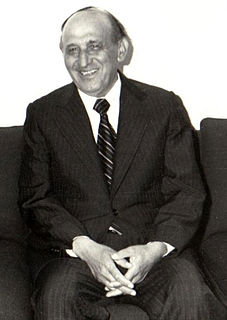Top 1200 Writes Quotes & Sayings
Explore popular Writes quotes.
Last updated on April 14, 2025.
I must say a few words about memory. It is full of holes. If you were to lay it out upon a table, it would resemble a scrap of lace. I am a lover of history . . . [but] history has one flaw. It is a subjective art, no less so than poetry or music. . . . The historian writes a truth. The memoirist writes a truth. The novelist writes a truth. And so on. My mother, we both know, wrote a truth in The 19th Wife– a truth that corresponded to her memory and desires. It is not the truth, certainly not. But a truth, yes . . . Her book is a fact. It remains so, even if it is snowflaked with holes.
The writer trusts nothing she writes-it should be too reckless and alive for that, it should be beautiful and menacing and slightly out of control. . . . Good writing . . . explodes in the reader's face. Whenever the writer writes, it's always three or four or five o'clock in the morning in her head.
I have always felt a little bit uncomfortable with question [why I'm write these stories]. It's not a question that you would ask a guy that writes detective stories or the guy that writes mystery stories, or westerns, or whatever. But it is asked of the writer of horror stories because it seems that there is something nasty about our love for horror stories, or boogies, ghosts and goblins, demons and devils.
One writes not to be read but to breathe...one writes to think, to pray, to analyze. One writes to clear one's mind, to dissipate one's fears, to face one's doubts, to look at one's mistakes--in order to retrieve them. One writes to capture and crystallize one's joy, but also to disperse one's gloom. Like prayer--you go to it in sorrow more than joy, for help, a road back to 'grace'.
I'm not one of the people who has a kind of scholarly hat and writes in a certain way for an academic audience and then puts on a public intellectual hat and writes a different way for a different kind of readership. I generally write the way I write, no matter what and it seems to have worked for me.
[Raymond Roussel] said that after his first book he expected that the next morning there would be a kind of aura around his person and that everyone in the street would be able to see that he had written a book. This is the obscure desire harboured by everyone who writes. It is true that the first text one writes is neither written for others, nor because one is what one is: one writes to become other than what one is. One tries to modify one's way of being through the act of writing.
I think 'The Musketeers' is probably the Dumas novel people are most familiar with, or if not that, it's 'The Count Of Monte Cristo'. I've always been a big fan of Dumas because, on the one hand, he writes a lot about revenge, but he also writes about the cost of it to the revenger - I'd always had an interest in that.
If you're somebody who writes songs or writes fiction, a writer that people pay for your opinion in any way, you shouldn't be the least bit uncomfortable giving it to them. People want songwriters to tell them how they think and how they feel. That's what a song is. That's what I want to hear in a song.
I think I have to expand my creativity a bit, because it's difficult for critics to be, "Oh, this person writes their own lyrics and sometimes writes their own beats and sometimes makes her own videos." They funnel me through, "Oh, is it as good as blah-blah's record, which has had 50 million writers on it?"
Intelligent, heartfelt stories that tell a whole new set of truths about growing up American. Julie Orringer writes with virtuosity and depth about the fears, cruelties, and humiliations of childhood, but then does that rarest, and more difficult, thing: writes equally beautifully about the moments of victory and transcendence.
By Cunning & Craft is a masterpiece of writing about writing. If, like Scheherazade, you had to spin out a story under threat of death, this is the how-to book to read. It's filled with thoughtful, nuanced advice from a teacher/writer who actually writes, and writes beautifully and with great humor. The list of rejected stories is worth the price of the whole book.



















































